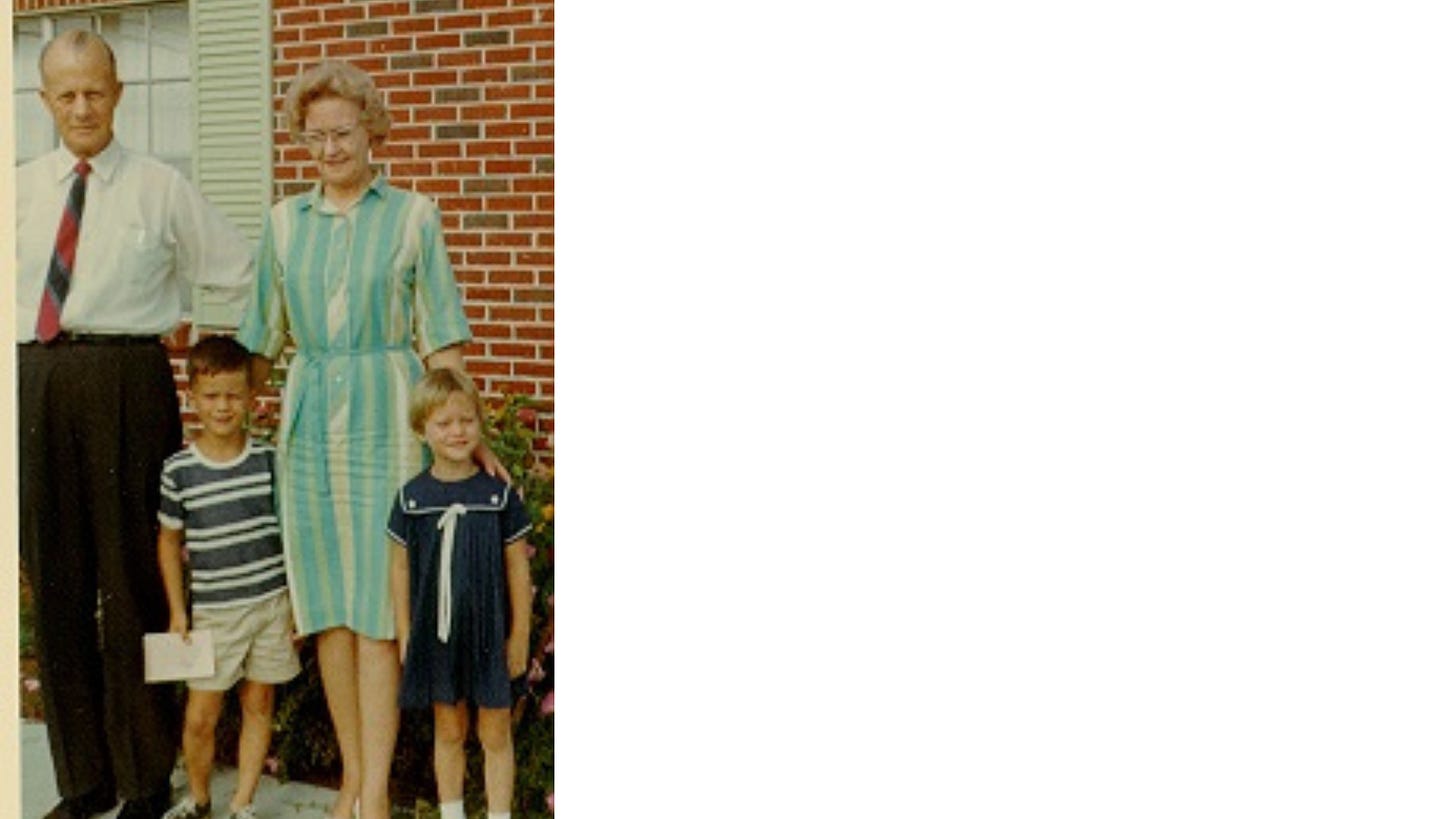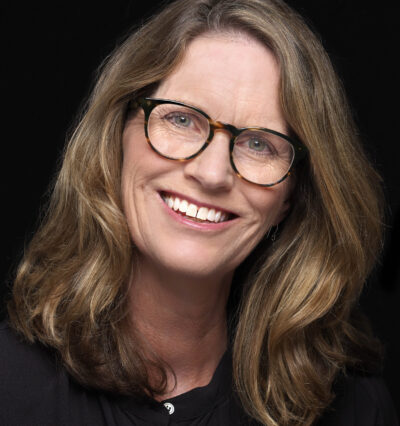Will You Care for Yourself, Dear Caregiver?
In the lowest point of my caregiving season, my body cried out for help, but I refused to listen. Strands of hair came out in my hands as I washed it. Dark trenches formed under my eyes. Colds came and went like the weather. I skipped regular checkups with my doctor, postponed my colonoscopy, and rescheduled my dental cleaning. In the year our son endured four brain surgeries and my father’s life finally caved to the blows of terminal cancer, my health deteriorated rapidly, and I couldn’t find the energy to care.
On the other side, years after my dad’s death and the restoration of our son’s health, I see how I endangered my body through my neglect. On the other side of my extreme caregiving season, I am passionate about calling caregivers to care for themselves and urging others to care for caregivers. Caring for oneself as a caregiver is a way to obey the first and second commandments, “‘Love the Lord your God with all your heart and with all your soul, and with all your mind, and with all your strength’” and “‘Love your neighbor as yourself’” (Mark 12:30-31). Dear caregiver, you are your neighbor. Dear caregiver, self-care is not selfish. Self-care is kindness to self and obedience to the call of our Savior, “Come to me, all who are weary and burdened, and I will give you rest” (Matthew 11:28).
The Caregiver’s Dire Situation
According to a 2020 study, there are fifty-three million unpaid caregivers in the U.S., and as the Baby Boomers age, that number is only expected to increase. These fifty-three million caregivers face an endless array of daily tasks, ranging from changing diapers or sheets, feeding and bathing, driving to doctor’s appointments, administering IV antibiotics, and fighting insurance battles. Caregiving has been shown to have all the “features of a chronic stress experience.”1 We should not be surprised that caregivers suffer emotional, psychological, spiritual, and physical effects, including anxiety, depression, fear, grief, guilt, shame, isolation, spiritual doubts, and poor health. When a caregiver has been living in this situation of extreme stress even for a short period of time, she may become unable to see clearly her desperate need for care.
Some Reasons Caregivers Might Refuse Care
Not only are caregivers often blind to their need for care, they often believe that their self-sacrifice is warranted by Jesus’ call in Luke 9:23: “Whoever wants to be my disciple must deny themselves and take up their cross daily and follow me.” Caregivers may believe that sacrificing their emotional, psychological, spiritual, and physical health is an act of obedience to Christ’s call to self-denial. And yet, as author Amie Patrick points out, the call to denying self is not a call to deny that we are human, with “physical and emotional needs—and God-ordained limits.” Patrick shares her story of self-denial, “In particularly stressful seasons, I treated needs like sleep, nutrition, exercise, and emotional refreshment as luxuries for which I didn’t have time. It didn’t occur to me that accepting my God-given limits and actively choosing to receive God’s gifts of rest, food, recreation, and solitude are also acts of worship and obedience.”2
Such denial of human needs and limits could also be, as it was to some extent in my case, a refusal to trust God and a commitment to rely on self. As a young child of divorced parents, I learned to be self-reliant and developed a strong leaning toward independence. I was “strong” and “resilient” and proud of it. In my caregiving season, it was partly that lifelong pattern of independence and self-reliance that kept me from caring well for myself. I did not fully understand what the apostle Paul so wisely taught. He explained that the afflictions he experienced happened “that we might not rely on ourselves but on the God who raises the dead” (2 Corinthians 1:9). As caregivers, we have the opportunity to humble ourselves, crying out to God and to others for the help we desperately need.
The Help the Caregiver Needs
When the caregiver does acknowledge her human limits and need of care, where should she start?
First and foremost, because of the alarming statistics about the threats to caregiver health and increased mortality rates,3 the caregiver address the needs of her body. Doing so recognizes her body as the “temple of the Holy Spirit” (1 Corinthians 6:19-20). Doing so recognizes that to glorify God in our bodies is to be a good steward of our health. Caregivers need the seemingly impossible: good nutrition, adequate rest, regular exercise and checkups with a doctor. Caregivers need to respect their physical limits and not try to lift or move their loved one unless their bodies are strong. And when caregivers need surgery for an injury or a chronic problem, it is crucial not to delay it. To care well for the body is to heed Jesus’ call to come to him and find rest.
Second, the caregiver needs care for spiritual struggles. It is not uncommon for caregivers to struggle with doubts. They may ask questions like, “Why is my loved one suffering so much,” “Is God punishing us,” or “Does God really care?” Even when the caregiver is not struggling with doubt, he may feel disconnected from God because he has been unable to attend church or is so exhausted he doesn’t feel like praying or reading his Bible.
Third, the caregiver needs care for her mental and emotional struggles. We have learned enough about veterans returning home from war to provide our soldiers with psychological care for the wounds chronic stress has inflicted. If the caregiver can acknowledge that she is living in a war zone, seeing things that might be traumatic to her (her loved one’s pain or wound, for example), fighting daily to get her loved one appropriate care, suffering anxious hours while her loved one undergoes surgery, then she might seek the care she needs for her mental and emotional well-being.
How Can We Help?
As the caregiver acknowledges her need, we want to be ready to be the hands and feet of Jesus, part of the answer to her prayer. We can grieve with her, crying out to God over the losses she has experienced. We can point her to the biblical laments. We can encourage her to get the surgery she needs or to see someone trained in helping people who struggle with grief, anxiety, and depression. We can offer respite care to allow her time to go to the doctor, get a good night’s sleep, go to church, attend a caregiver’s support group, or see a counselor. We can validate her spiritual struggles and pray for and with her. We can sit with her while her loved one is in surgery, or we can send a meal afterwards. And mostly, we can pray for the caregiver to be able to receive the help we stand ready to give.
It is not easy for caregivers to ask for and receive the care they need, but it is possible. It will take the faith to trust God that he cares for their person even more than they do. It will take hope to imagine “a vision of redemption in the midst of decay.”4 It will take knowing how deeply Jesus loves her. And it will take the ears to hear our Lord’s call to the caregiver, “Come to me, all who are weary and burdened, and I will give you rest.”
I’d love to hear your thoughts. If you are a caregiver, what has kept you from taking care of yourself? If you know a caregiver, what do you think has prevented a caregiver from caring for herself?
Announcing the Numbering Your Days Network: an Online Community
If you enjoy the articles I post here, you may also enjoy the new Numbering Your Days Network, coming soon. It is an online gospel-centered community that encourages and equips you for the challenges of aging, caregiving, legacy, and end-of-life. To receive an invitation when it goes live on September 5, sign up at this link.
Caregiver Resources
Https://www.cdc.gov/aging/caregiving/index.htm offers a number of resources to help caregivers, including ideas for respite care.
CICOA offers this weekly checkup for caregivers, along with other helpful resources.
Who Cares for You? by Marissa Bondurant. An excellent Bible study for caregivers and caregiver support groups. Learn how Jesus cares for you as you care for others.
Footnotes
1 Richard Schulz and Paula R. Sherwood, “Physical and Mental Health Effects of Family Caregiving,” The American Journal of Nursing 108, no. 9 Suppl (September 2008): 23–27, https://doi.org/10.1097/01.NAJ.0000336406.45248.4c.
2 Amie Patrick, “Self-Care and Self-Denial,” The Gospel Coalition, https://www.thegospelcoalition.org/article/self-care-and-self-denial/
3 According to the CDC, 40.7% of caregivers report having two or more chronic diseases. See Https://www.cdc.gov/aging/caregiving/index.htm.
4 Dan Allender and Tremper Longman, Cry of the Soul (Colorado Springs: Navpress), 1994, 155.







![When’s the last time you highlighted your weakness?
Therefore I will boast all the more gladly in my weaknesses, so that the power of Christ may rest upon me. 2 Cor. 12:10
All-Powerful God,
We confess,
we in Western culture
crave power, control, and independence.
The last thing we want
is to seem weak.
And yet, weakness is the way of Christ,
so it must be our way as well.
The apostle Paul understood that,
so in the face of accusations
that he wasn’t an apostle,
he countered the boasting of the “super-apostles”
with some boasting of his own:
“If I must boast,
I will boast of the things
that show my weakness” (2 Cor. 11:30).
And then he mentions how he was lowered in a basket through the window of a wall in Damascus, of all places,
a place he went to persecute Jews only to be knocked down on the road,
struck blind, by his Lord and Savior himself.
Paul shares many other weaknesses in 2 Corinthians,
a book that’s all about weakness as the way
of followers of Christ.
He asked that you would relieve him from a “thorn in the flesh,”
but you did not.
Instead, you said,
“My grace is sufficient for you,
for my power is made perfect in your weakness” (2 Cor. 12:9).
Lord, we know we really are weak —
[for each of these areas, name any weaknesses you have]
weak in our bodies,
weak in our work,
weak in our wills,
weak in our faith,
weak in our hope,
weak in our love.
We believe
that you your power is made perfect
in and through our weakness.
Help our unbelief.
In Jesus’s name. Amen.
Read 2 Corinthians 11:30-12:10.
#Dailyprayer #devotional
#hopewriterlife #goodnewsfeed #votd #Biblestudy #dailydevotions #grace #dailyverse #womensministry #aging
#gospelshaped #shereadstruth #womenoftheword #christianliving](https://www.elizabethturnage.com/wp-content/plugins/instagram-feed/img/placeholder.png)